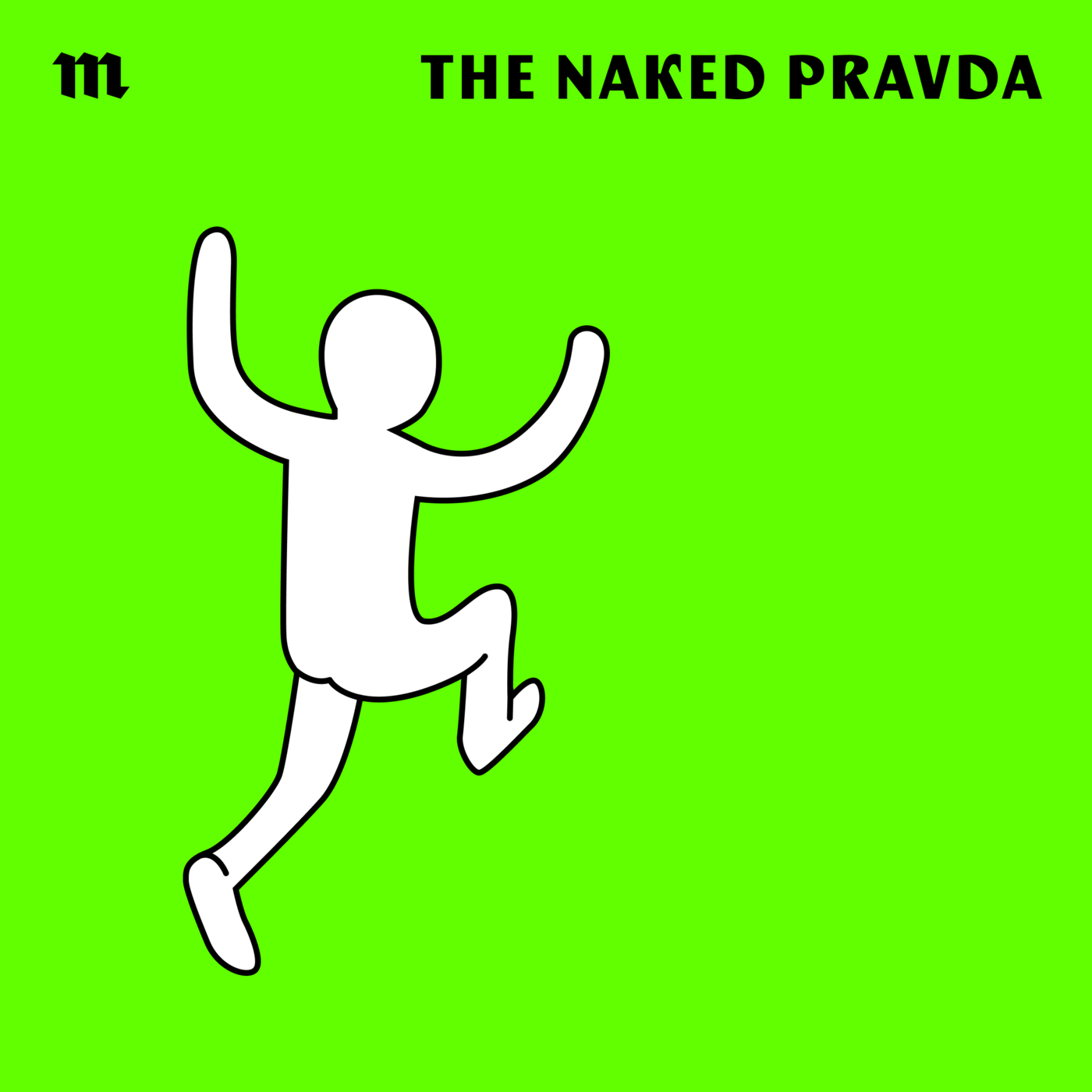
Under pressure: The evolving Belarusian opposition movement versus Lukashenko’s embattled regime

The Naked Pravda
Shownotes Transcript
Belarus has seen ongoing protests since August 2020, when election officials declared that Alexander Lukashenko (Alyaksandr Lukashenka) had won his sixth consecutive presidential term. The mass demonstrations were met with a violent police crackdown, and several members of the opposition were thrown in prison.
Pressure and threats from the authorities drove other opposition figures to flee the country, including Svetlana Tikhanovskaya (Svyatlana Tsikhanousakaya), who emerged as Lukashenko’s main political rival during the 2020 campaign season. Tikhanovskaya is now living in exile and leading the unified opposition from Lithuania, and her role both Belarusian and international politics has changed significantly in the last six months.
Back in Belarus, the authorities have been carrying out widespread repressions, targeting independent media and civil society organizations. At the same time, police brutality and the onset of winter has led opposition protesters to adopt new tactics for expressing their discontent. And although some analysts maintain that the opposition movement has stalled, others are predicting the return of large-scale demonstrations in the spring.
To find out more about how the opposition movement in Belarus has evolved and how Lukashenko’s regime has managed to withstand six months of protests, “The Naked Pravda”* *talked to Belarusian journalist Hanna Liubakova), a non-resident fellow at the Atlantic Council) think tank, and Maryia Rohava), a doctoral researcher at the University of Oslo, whose research focuses on symbolic politics and identity in post-Soviet autocracies.
“The Naked Pravda” comes out on Saturdays (or sometimes Fridays). Catch every new episode by subscribing at Apple Podcasts), Spotify), Google Podcasts), or other platforms). If you have a question or comment about the show, please write to Kevin Rothrock at [email protected] with the subject line: “The Naked Pravda.”
Как поддержать нашу редакцию — даже если вы в России и вам очень страшно)